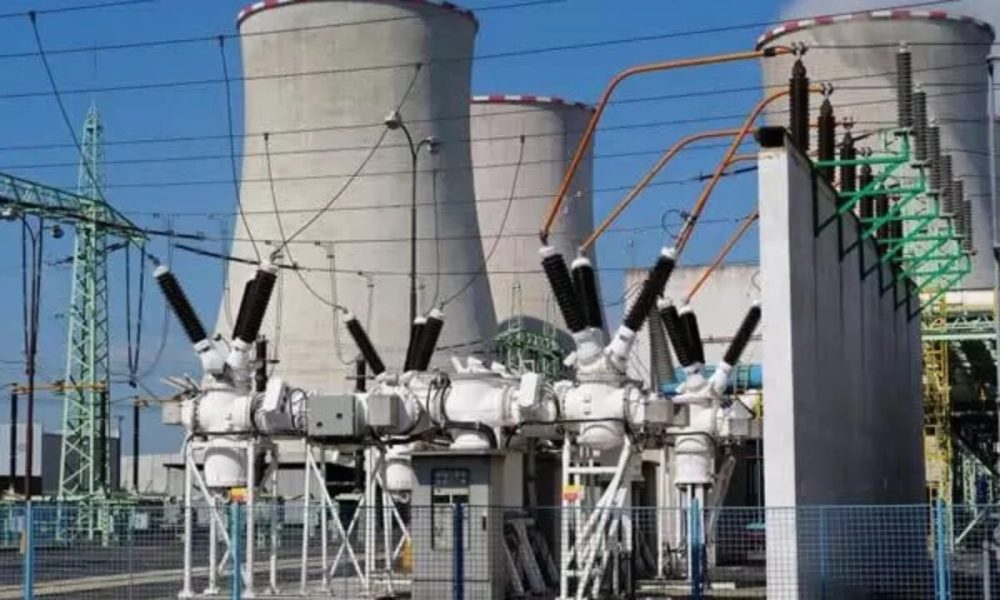
Many parts of Nigeria will again endure blackout as the nation’s electricity grid collapsed for the third time in less than a month.
The federal government had explained to Nigerians about three weeks ago that there are various issues responsible for the epileptic power supply been witnessed in the country, Naija News recalls.
Speaking after the usual weekly Federal Executive Council (FEC) meeting in Abuja weeks ago, the Minister of Power, Abubakar Aliyu said that scheduled maintenance of facilities, vandalization of pipelines as well as the disputes around the availability of gas and payment for gas contracts between gas companies and power generating companies are some of the factors responsible for the nationwide poor power supply.
He however told the journalists that the issues are receiving attention.
Particularly, Aliyu disclosed that the national power grid that collapsed twice in 24 hours has been restored.
However, a statement released on Friday by the power sector, confirmed that the national grid is down again.
The Transmission Company of Nigeria, TCN had stated that its in-house engineers have deployed a stop-gap solution to improve grid monitoring and acquisition of data from remote stations (power stations and transmission substations) to the National Control Centre.
This was achieved by utilizing the Internet of Things (IoT) solution, and Virtual Private Network (VPN) by using various Internet Service Providers (ISP), the firm had noted.
It explained further that the temporary use of the Network Automation System was deployed to assist TCN in conveying critical operational measurements data from remote stations to NCC using Web Technology, which is an integral component of the IoT.
“So far, the data received from remote stations has enabled NCC to obtain more insight into the situation of the power flow on the grid and has enabled NCC to make decisions that have impacted positively on the security and integrity of the Grid,” the statement said .
It added: “The stop-gap solution became necessary as TCN could not access and receive comprehensive operational data of the entire power grid for managing the fast-growing system.
“The existing inadequate SCADA System cannot provide adequate grid visibility, as parts of the existing SCADA system are moribund and damaged, coupled with an ineffective telecommunication network infrastructure.
“The fact that several stations were never integrated into the existing SCADA at all, and made grid visibility and management very difficult and inefficient”.
This article was originally published on Nigeria News


